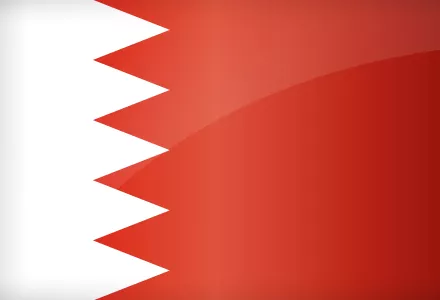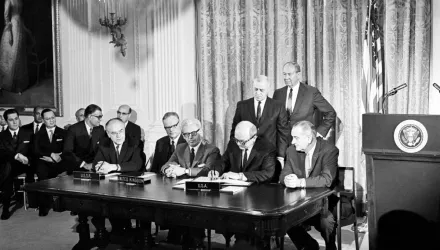The Gulf and a World in Transition: A Conversation with Bahraini Ambassador to the US Shaikh Abdulla Rashed Al Khalifa
On Monday, September 19, the Belfer Center’s Intelligence Project will host a conversation with the Ambassador of the Kingdom of Bahrain, Shaikh Abdulla Rashed Al Khalifa, on Monday, September 19. His Excellency will address current diplomatic priorities for the Kingdom of Bahrain and will provide a perspective on the most significant security challenges faced by Bahrain, in the context of the continuing COVID pandemic and the war in Ukraine.
The conversation will be moderated by Director of the Intelligence Project, Paul Kolbe.
This event will be be on the record. It is for Harvard students, fellows and faculty and is not open to the public. Registration is capped at 50.
**Registration Closed**



